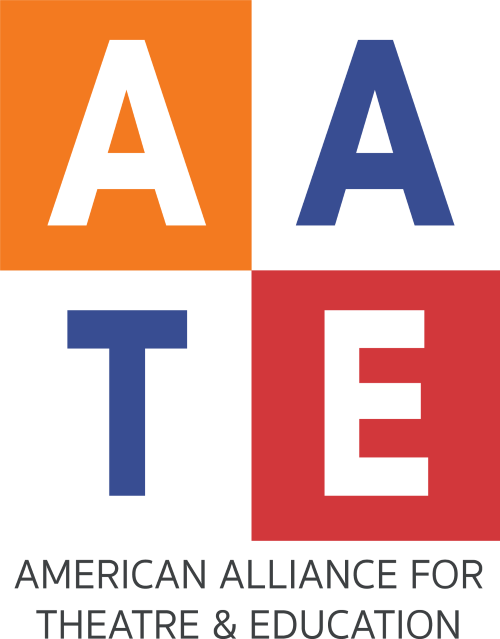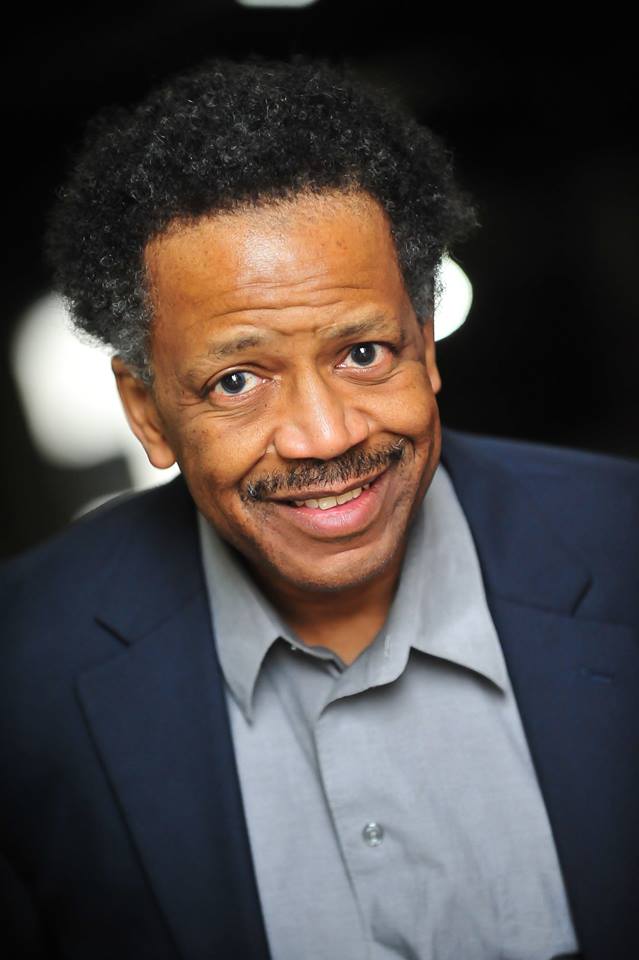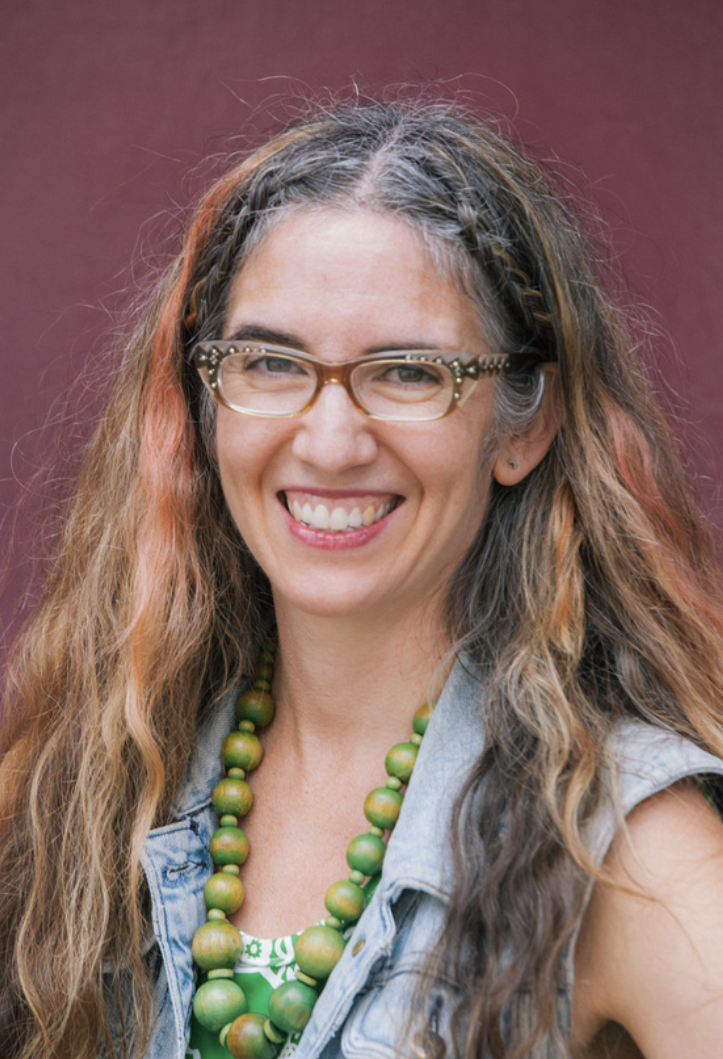- Home
- About AATE
- Membership
- Programs and Events
- Resources
- Networking
- Support AATE
- Online Store
- Contact Us
Youth Theatre JournalYouth Theatre Journal is a refereed journal that draws contributions from a wide and varied community of researchers, educators, artists, philosophers, administrators and theorists. It is the official scholarly publication of AATE. Youth Theatre Journal is published twice a year by Routledge/Taylor and Francis Group. All domestic AATE members receive a complimentary subscription to the Youth Theatre Journal, including mailed copies of the journal and online access to archived issues. Non-members and others wishing to subscribe to Youth Theatre Journal please go here: https://www.tandfonline.com/pricing/journal/uytj20. Call for Papers: Special Issue of Youth Theatre Journal – Fall 2025 Theme: Indigenous Language Reawakening: Youth and Intergenerational Language Learning through Applied Theatre The Youth Theatre Journal is pleased to announce a special issue dedicated to exploring the critical role of theatre in reawakening Indigenous languages globally. This issue will focus on youth engagement and intergenerational language learning. Scheduled for publication in Fall 2025, this special issue welcomes submissions for original research articles; voices from the field from scholars, practitioners, artists, educators and community members; as well as scripts and interviews; and book, symposium or performance reviews, and creative works that explore the vibrant connection between theatre, language revitalization, and Indigenous cultural practices. About the Theme: As Indigenous communities around the world continue to reclaim, preserve, and revitalize their ancestral languages, theatre (and performance) continues to be a powerful medium for cultural expression and transmission. Through storytelling, performance, and creative collaboration, applied theatre can facilitate meaningful engagement with language, fostering connections between generations and creating spaces where young people can learn and practice their languages in culturally empowering ways. This special issue aims to explore how theatre serves as a catalyst for language reawakening among Indigenous youth globally. We are particularly interested in submissions that examine the following: ● Youth and Intergenerational Engagement: How are young people participating in language revitalization through theatre? What role does intergenerational collaboration play in these processes, and how do Elders, families, and communities contribute to language learning through theatrical practices?
● Applied Theatre in Language Reawakening: How are applied theatre methodologies being adapted and utilized to support language revitalization? What challenges and successes have emerged from using drama, storytelling, and performance in Indigenous language learning contexts?
● Case Studies and Community-Engaged Practices: We welcome contributions that highlight community-led theatre projects, case studies, and partnerships that have integrated language and theatre. What can these examples teach us about best practices and the potential of theatre to foster language fluency and cultural pride?
● Innovative Pedagogies: How do theatre-based language programs develop new approaches to language teaching and learning? What are the pedagogical implications for educators, theatre practitioners, and language activists?
● The Impact of Theatre on Identity and Cultural Continuity: How does participation in theatre-based language projects influence the cultural identity and sense of belonging of Indigenous youth? What role does theatre play in connecting language learning with broader cultural practices, histories, and traditions? In what ways can theatre inspire Indigenous youth to continue their cultural practice?
Submission Guidelines: We invite researchers, practitioners, artists and community members to submit the following types of manuscripts: ● Research Articles (5,000-7,000 words): Original studies with a focus on empirical research or theoretical analysis. This call for papers aims to attract diverse perspectives on a timely and vital topic, fostering in depth dialogue around the intersection of theatre, language, and cultural advocacy. All submissions should align with the journal's focus on youth theatre and should adhere to Youth Theatre Journal’s formatting guidelines. Submission Deadline: May 1, 2025 Submission Process: Guest Editors: Amanda Wager, Laura Cranmer, Kirsten Sadeghi-Yekta, Tara Morris Amanda Wager, PhD, is a Canada Research Chair in Community-Engaged Research and Professor in the Faculty of Education at Vancouver Island University, Canada, where she works with communities focusing on community-led public art projects involving languages, literacies and participatory arts-based methodologies. Laura Cranmer was born to Pearl Weir of Old Masset, David Cranmer of the ‘Namgis First Nation in Alert Bay, and raised by her grandparents, Chief Dan Cranmer and Agnes Cranmer. Dr. Laura Cranmer (BA in English, UVic; MA in Curriculum Studies UVic; Ph.D. in Language and Literacy Education, UBC) is a retired professor of Indigenous/Xwulmuxw Studies Department at Vancouver Island University. Kirsten Sadeghi-Yekta, PhD, is an Associate Professor in the Theatre Department at the University of Victoria, BC, Canada, where her research focuses on theatre, language, and culture as well as youth theatre in precarious settings. Tara Morris is a PhD student at the University of Victoria, where she is pursuing an interdisciplinary study in the Hul’q’umi’num’ language, theatre, and linguistics. Tara is researching how applied theatre could improve fluency among Indigenous language learners. YTJ Leadership
Ansley Valentine is a professional director for the theatre and musical theatre and an educator with experience teaching professionally at the collegiate level and in both public and private performing arts high schools. Ansley holds an M.F.A. in Directing from Indiana University. He is currently a proud member of the Stage Directors and Choreographers Society (SDC) and Actors' Equity Association (AEA). Some of his favorite productions include Les Misérables, The Colored Museum, Twelfth Night, and many new plays. Ansley is also a graduate of the Arts Midwest Minorities in Arts Administration Fellowship, a program funded by the Ford Foundation to increase minority representation in leadership roles at American not-for-profit organizations. His many awards include a Kennedy Center Gold Medallion. He is a company member at Fonseca Theatre in Indianapolis and Actors’ Reading Collective in the San Francisco Bay Area. His work has been seen at many theatres around the country.
Dana Edell (she/her), MFA, PhD, is an activist-scholar-artist-educator. She has co-directed 75+ original plays and 7 music albums written and performed by teenage girls and nonbinary youth addressing social and racial justice issues and has worked as a theater teaching artist in both public and independent elementary, middle and high schools, and adult and youth prisons. She’s the co-director of SPARK Movement, an intergenerational, antiracist, arts-driven activist organization where she has trained and supported girls to design and run arts-based activist campaigns and take action in their communities. She consults with organizations globally about gender justice, youth activism, anti-racist practice for White folx, feminist Jewish education and arts integration. She has published chapters and articles in more than a dozen books and journals, and is the author of Girls, Performance and Activism: Demanding to Be Heard (Routledge, 2022). She is an Assistant Professor of Applied Theatre at Emerson College. Back issues of YTJ must now be ordered directly from Taylor and Francis. Email [email protected]. |


